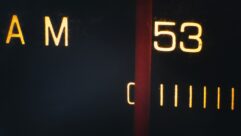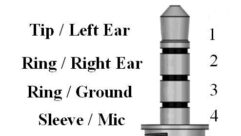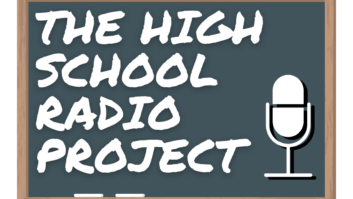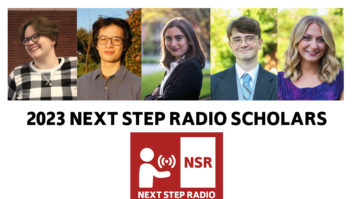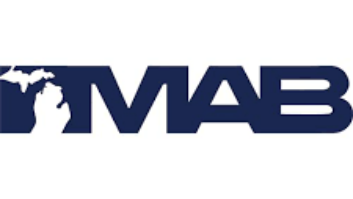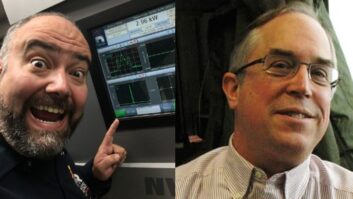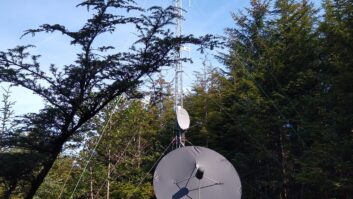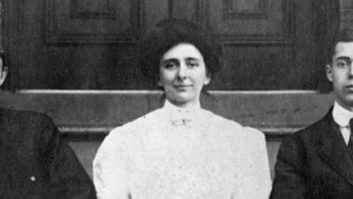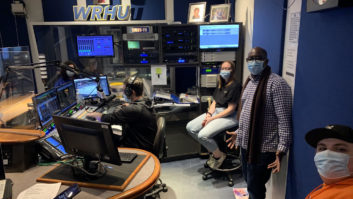Many high school students soon will begin thinking about their futures and what career they would most like to pursue.
The U.S. Bureau of Labor Statistics’ Occupational Outlook Handbook reported on Dec. 17, 2015, that “employment of media and communication occupations is projected to grow 4 percent from 2014 to 2024, which will result in about 27,400 new jobs.”

credit: iStockphoto/donskarpo At the 2015 annual meeting of the Association of National Advertisers Masters of Marketing Conference in Orlando, Fla., attendees learned that when it comes to adults 18+, radio reaches 93 percent of them every week. That’s more than TV, more than smartphones, more than PCs and more than tablets. Radio is America’s number one mass reach medium.
However, the devil is always in the details.
Working with one of my students, I conducted a research project with the Kentucky Broadcast Association and its 300 member stations. One of our goals was to understand how the jobs landscape for radio was changing. We looked at how things were five years ago, how they are today and where KBA broadcasters felt their employment needs would be in five years.
Three radio jobs stood out for being in demand in the years ahead.
IN-DEMAND RADIO JOBS
Sales: The job most in demand will come as no surprise, I’m sure. Radio has a never-ending need for trained, professional sales people. Since I started in radio, it seems, a desire to hire good sales people has always been on the lips of general managers and sales managers. For colleges, this represents an opportunity to offer more courses in this area for their broadcast majors. Radio stations have never had more products to sell. Beyond commercial air time, sponsorships and events, the amount of content that can be sponsored online has mushroomed.
Internet content creators: A second job that is growing in demand across the radio industry is for people who can create original content for radio station websites. Not cut-and-paste artists who “borrow” others’ website content and repurpose it, but innovators who can act as a combination journalist/advertising/public relations specialist and populate radio station websites with engaging, compelling original content that is of interest to people in the station’s service area.
RF broadcast engineers: Not that it has ever been easy to find great radio engineers, but the talent pool has changed. Consolidation chased a lot of them out of the business; others became consulting engineers to groups of radio stations. Computers and digital put new demands on radio engineers to learn new technologies or leave. Many who stayed or went into private consulting are now reaching the age of retirement.
ENTRY-LEVEL EDUCATION
The Bureau of Labor Statistics lists the entry-level educational qualifications for various media jobs from announcers, to news reporters, to sales and management positions.
Radio stations today typically require a bachelor’s degree in programs such as communication, broadcasting or journalism. College broadcasting programs offer courses such as voice and diction to help students improve their vocal qualities. In addition, these programs prepare students to work with computer and audio equipment and software used at radio studios, says BLS. (Qualifications for highly technical jobs may differ, as Radio World has explored in its pages, but the opportunities are many.)
The BLS goes on to say many employers expect applicants to have some basic skills prior to employment and these skills are typically gained from a college degree program in addition to working on the college radio station and in internships.
IMPORTANT QUALITIES
Today’s radio broadcaster needs to have computer skills, experience with editing software and other broadcast-related devices, interpersonal skills in dealing with people both on and off the air, persistence in landing their first job and advancing in this very competitive industry, research skills in show or sales prep in order to be knowledgeable and deliver top performance, speaking, writing and presentation skills are critical to be successful in today’s radio world.
In my meetings with broadcasters about what they want my students to know when they consider hiring them, the answer is always the same everything!
In my next article I will share tips on how to get your first radio job.
Dick Taylor is a Certified Radio and Digital Marketing Consultant and assistant professor of broadcasting at Western Kentucky University in Bowling Green, Ky. He joined the faculty of its School of Journalism and Broadcasting after a 42-year career in radio. He is director of the KBA WKU Radio Talent Institute and is on the board of the New Jersey Broadcasters Association.


